Anxiety disorders, impacting millions globally, involve excessive fear and worry. Common types include Generalized Anxiety Disorder (GAD), panic disorder, and social anxiety disorder, characterized by symptoms like restlessness and muscle tension. Effective anxiety treatment combines therapy, counseling, and personalized evidence-based approaches. Cognitive-behavioral therapy (CBT) helps individuals change negative thought patterns and behaviors, while mindfulness-based therapies promote relaxation. Exposure therapy faces fears in a controlled setting. Lifestyle modifications including exercise, nutrition, and sleep also play key roles. Medications like SSRIs and benzodiazepines aid symptom management, often alongside psychotherapy for long-term anxiety treatment.
Anxiety disorders affect millions globally, yet understanding their complexity is key to effective therapy. This article explores comprehensive strategies for managing anxiety, from psychotherapy’s foundational role to specialized techniques like Cognitive Behavioral Therapy (CBT) and Exposure Therapy. We delve into lifestyle adjustments and medication options, offering a holistic guide to navigating anxiety treatment. Discover practical insights and hope for conquering fear and enhancing mental well-being.
Understanding Anxiety Disorders: Types and Symptoms

Anxiety disorders are a group of mental health conditions characterized by excessive and persistent fear, worry, or anxiety. They affect millions of people worldwide and can significantly impact daily functioning. Understanding the various types and symptoms is crucial when seeking anxiety treatment. Common forms include generalized anxiety disorder (GAD), where individuals experience excessive and uncontrollable worry about everyday matters; panic disorder, marked by recurrent and unexpected panic attacks; and social anxiety disorder, causing intense fear in social situations.
Symptoms can vary but often include restlessness, fatigue, irritability, muscle tension, insomnia, and difficulty concentrating. In some cases, physical manifestations like rapid heartbeat, sweating, or dizziness may accompany these feelings. Recognizing these signs is an essential first step towards managing anxiety effectively through professional help, such as therapy and counseling, which are key components of anxiety treatment.
Common Approaches to Anxiety Treatment

Anxiety disorders are often treated using a combination of evidence-based approaches tailored to the individual’s specific needs. One common method is anxiety treatment through cognitive-behavioral therapy (CBT), which helps individuals identify and change unhelpful thought patterns and behaviors contributing to their anxiety. This therapy plays a pivotal role in empowering patients to manage symptoms effectively.
Another prevalent approach is mindfulness-based therapy, focusing on bringing one’s attention to the present moment without judgment. Techniques like meditation have been shown to reduce anxiety by fostering relaxation and improving emotional regulation. Additionally, exposure therapy gradually exposes individuals to feared situations or objects, helping them confront and overcome anxiety in a safe environment. These therapeutic methods offer powerful tools for managing anxiety disorders, enabling individuals to lead more fulfilling lives.
Psychotherapy: A Cornerstone of Effective Anxiety Management
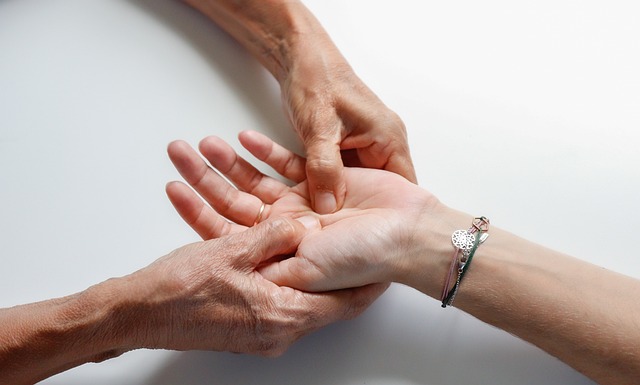
Psychotherapy is a cornerstone of effective anxiety management, offering individuals powerful tools to confront and overcome their disorders. Through various therapeutic approaches like cognitive-behavioral therapy (CBT), patients learn to identify and challenge negative thought patterns and behaviors contributing to anxiety. CBT focuses on modifying unhelpful cognition and actions, enabling folks to develop healthier coping strategies and reduce symptoms over time.
Other forms of psychotherapy, such as mindfulness-based therapies, provide valuable techniques for staying present and accepting anxious thoughts without judgment. By fostering self-awareness and emotional regulation, these approaches empower individuals to navigate stressful situations with greater ease. When combined with medication or other therapeutic interventions, psychotherapy can lead to substantial improvements in anxiety treatment outcomes.
Cognitive Behavioral Therapy (CBT): Unraveling Negative Thought Patterns
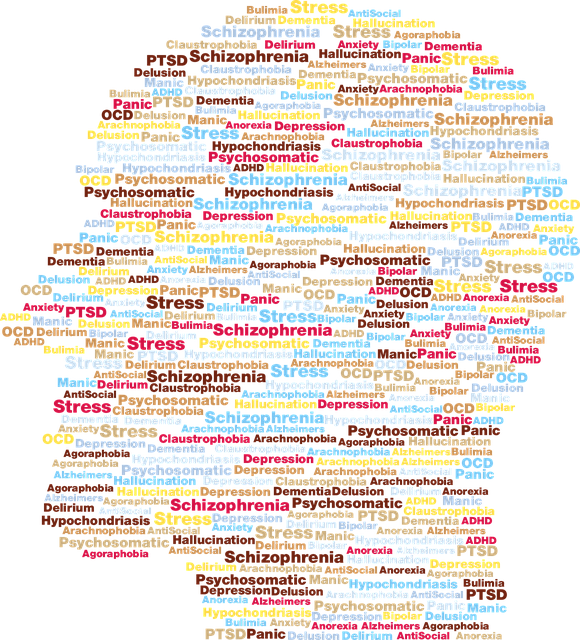
Anxiety disorders can significantly impact daily life, but Cognitive Behavioral Therapy (CBT) offers a highly effective approach to managing and overcoming these challenges. CBT is a form of therapy that focuses on identifying and changing negative thought patterns and behaviors associated with anxiety. By delving into one’s thoughts and emotions, individuals learn to challenge and replace irrational beliefs with more realistic and positive ones.
Through structured sessions, CBT helps patients understand the connection between thoughts, feelings, and actions. It teaches them to recognize unhelpful cognitive distortions, such as catastrophizing or all-or-nothing thinking. By questioning these patterns and providing alternative perspectives, CBT empowers individuals to gain control over their anxiety responses. This process enables them to face fears, change behaviors, and ultimately reduce the intensity of anxious symptoms, making it a powerful tool in the quest for effective anxiety treatment.
Exposure Therapy: Facing Fears Head-on
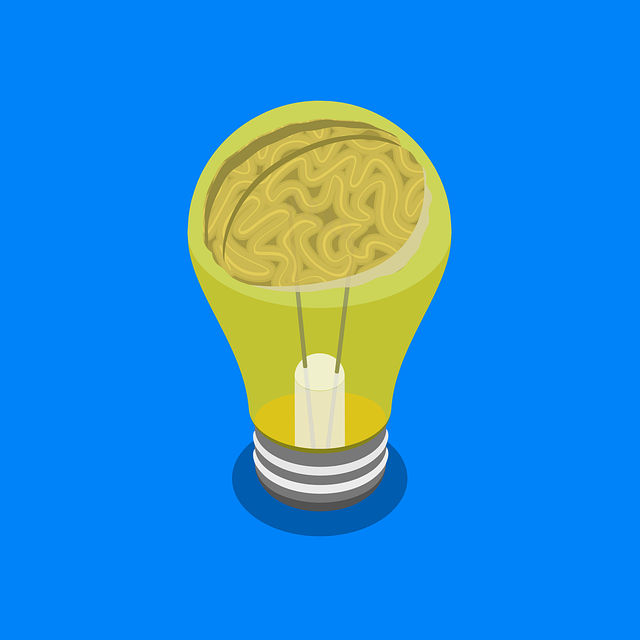
Exposure therapy is a powerful technique within the realm of anxiety treatment, offering individuals a way to confront and overcome their fears head-on. This therapy involves gradually exposing patients to situations or objects that induce anxiety in a safe and controlled environment. By facing their fears repeatedly, patients learn to manage and reduce their anxiety responses over time.
The process begins with identifying specific phobias or anxious triggers. Therapists then create a structured plan, starting with less intimidating scenarios and slowly increasing difficulty levels. Through this gradual exposure, individuals gain a deeper understanding of their fears, realizing that the anticipated outcomes are often far worse than the actual experience. This realization empowers patients to challenge their anxiety and develop coping strategies, ultimately leading to improved mental well-being and reduced reliance on anxiety treatments.
Lifestyle Modifications for Better Mental Health
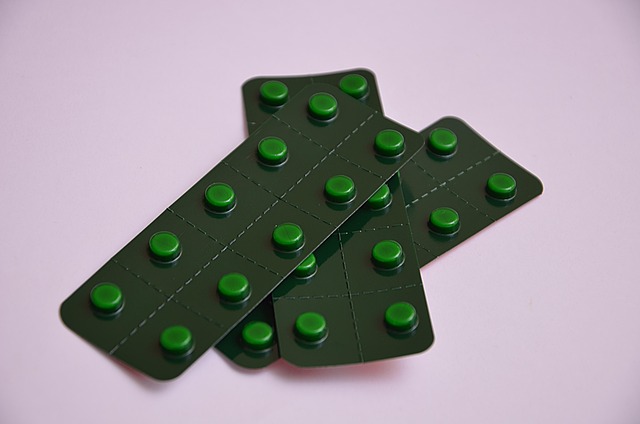
Anxiety disorders can be effectively managed through a combination of therapy and lifestyle modifications. Simple changes in day-to-day habits can significantly impact an individual’s mental health and overall well-being. Incorporating regular physical activity, maintaining a balanced diet, and ensuring adequate sleep are essential components of anxiety treatment. Exercise releases endorphins, which act as natural stress relievers, and can help reduce symptoms of anxiety and improve mood. A nutritious diet supports brain function and stabilizes energy levels, while consistent rest promotes better mental clarity and resilience.
Additionally, practices like mindfulness meditation, deep breathing exercises, and yoga have been shown to be beneficial. These techniques encourage individuals to focus on the present moment, thereby calming anxious thoughts and fostering a sense of tranquility. By integrating these lifestyle changes into their routines, those struggling with anxiety disorders can gain greater control over their symptoms and improve their quality of life.
Medication Options and Their Role in Anxiety Treatment
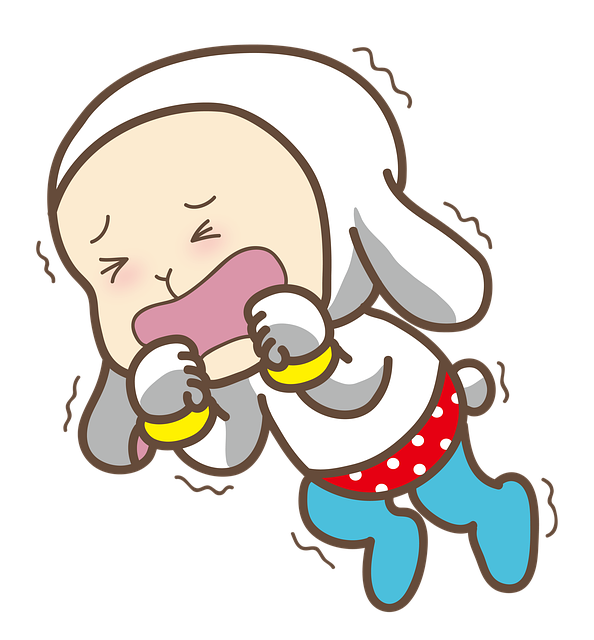
Anxiety disorders are often treated with a combination of therapy and medication, as both play crucial roles in managing symptoms effectively. Medication options for anxiety include selective serotonin reuptake inhibitors (SSRIs), sertraline and escitalopram being commonly prescribed. These medications work by increasing levels of serotonin, a neurotransmitter that regulates mood and emotions, which can help reduce feelings of anxiety and depression.
Beyond SSRIs, other classes of drugs like benzodiazepines may be introduced for short-term relief. However, due to the risk of dependence, these are typically reserved for acute situations. The choice of medication is tailored to the individual, considering factors such as the specific type of anxiety disorder, personal medical history, and potential side effects. It’s important to remember that while medications can provide significant support in anxiety treatment, they often work best alongside psychotherapy for long-term management and improved quality of life.
